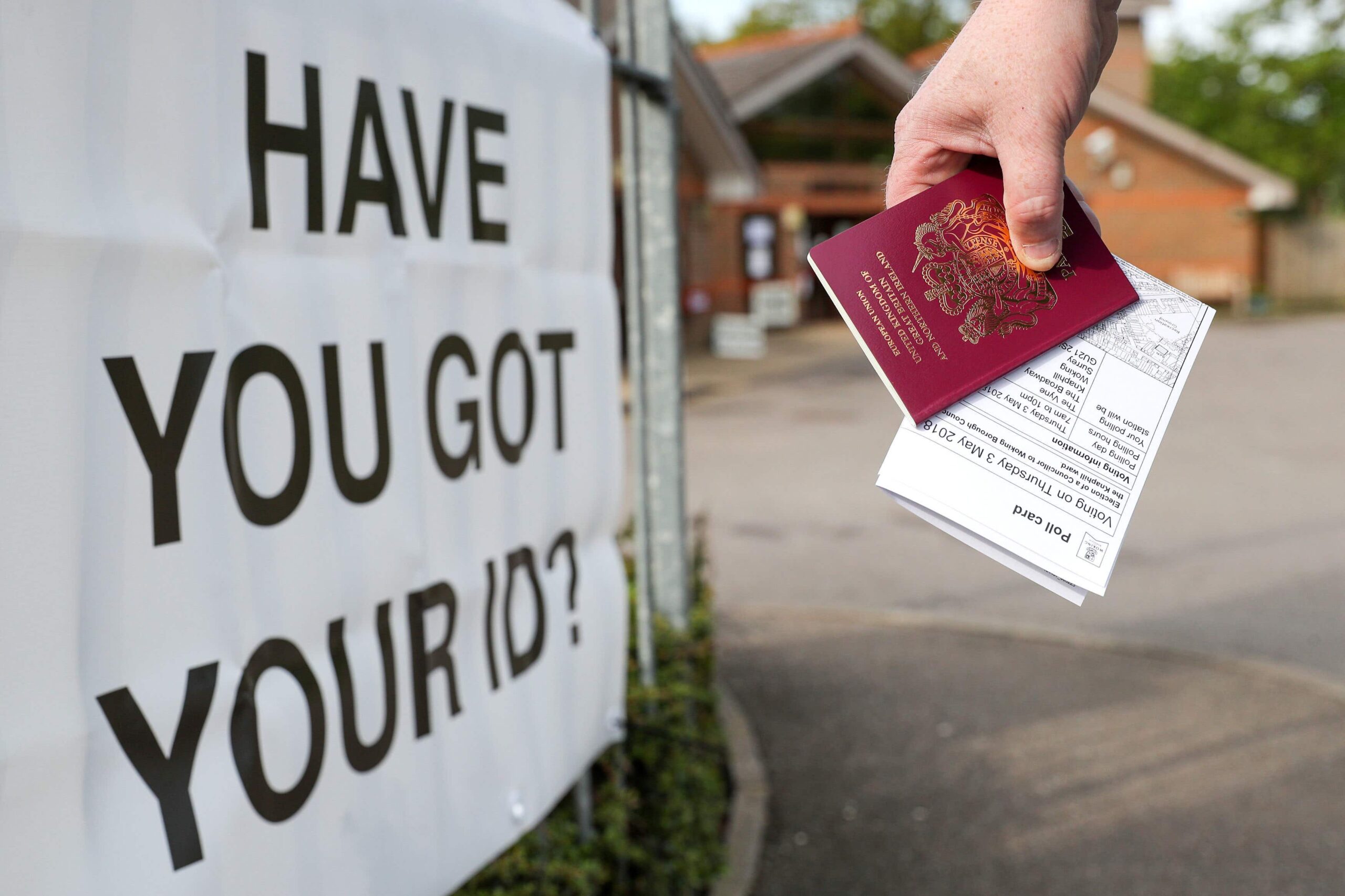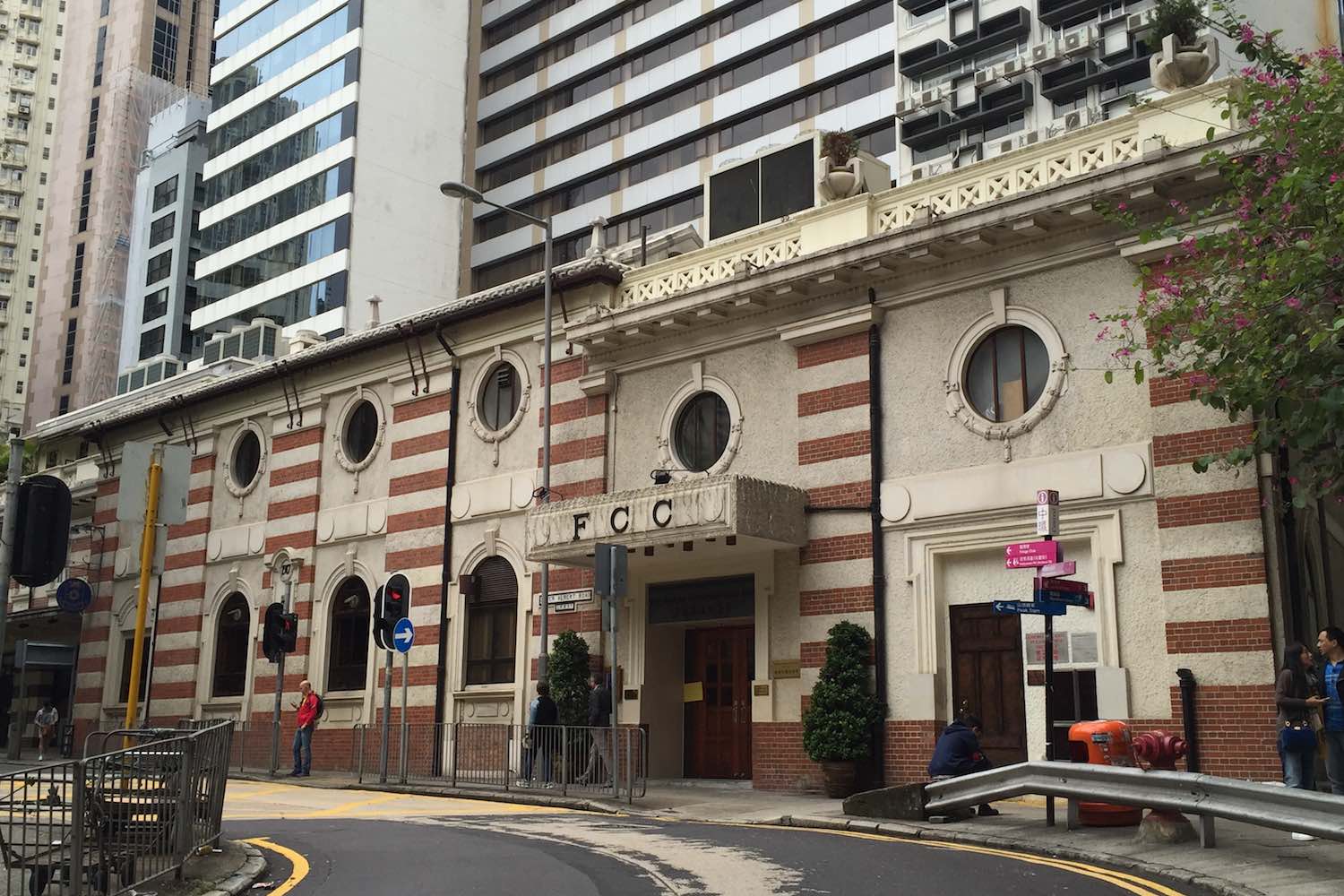The UK local elections, set for 1 May, will see approximately 1,641 council seats contested across England and Wales. The Labour Party, grappling with governance failures such as the Birmingham bin collection crisis, faces a stern test from voters. The emergent Reform UK, alongside the Liberal Democrats and Greens, is actively vying for votes, while the Conservatives aim to recover from their 2024 general election rout. The outcome could reshape the UK’s local political landscape. Here’s a pre-election analysis.
Labour’s Crisis: Birmingham Bin Fiasco Takes Centre Stage
Since its landslide victory in the July 2024 general election under Keir Starmer, Labour’s governing competence has come under scrutiny, with the Birmingham bin collection crisis standing out. Since 11 March, a strike by Unite union workers, triggered by the Labour-controlled Birmingham City Council’s plans to cut bin lorry drivers’ pay, has left some 17,000 tonnes of rubbish piled up on streets, with residents decrying “rat infestations and foul odours.” The council declared a “major incident,” deploying military logistics to clear waste, but stalled negotiations mean the crisis may persist until election day.
In Birmingham, public anger is mounting. Residents in deprived areas like Sparkbrook and Handsworth, such as James Carter, say: “Labour’s left us living in a rubbish dump. The election’s our chance to teach them a lesson.” Labour councillor Sam Forsyth has already defected over the crisis, slamming the council for “ignoring the issue for three years.” Polls indicate Labour’s support in Birmingham is plummeting, with key seats at risk.
Beyond Birmingham, Labour faces challenges in areas like Lincolnshire, Derbyshire, and parts of Wales. Voter dissatisfaction with Labour’s economic policies (e.g., cuts to winter fuel payments), immigration handling, and local services could lead to “punishment voting.” YouGov polls show Labour’s national support has fallen from 40% in 2024 to around 30%, casting a shadow over its election prospects.
Reform UK’s Role and Threat
Reform UK has surged ahead of the election, capitalising on anti-immigration, low-tax, and anti-establishment rhetoric to pose a significant threat to both Labour and the Conservatives. Its leader, Nigel Farage, has seized on the Birmingham crisis to brand Labour “incompetent,” promising “efficient local governance” and likening Labour’s failures to the 1979 “Winter of Discontent.” A 12 March Find Out Now poll shows Reform UK’s national support at 27%, overtaking Labour’s 24% and nearing the Conservatives’ 29%, with strong appeal among working-class and conservative voters in England’s Midlands and North.
- Threat to Labour:
- Reform UK is targeting traditional Labour strongholds like Birmingham’s Westside and Derbyshire, appealing to working-class voters disillusioned with Labour’s economic and immigration policies. On X, supporters like @ActionBrexit post: “Labour’s betrayed workers. Reform UK speaks for us!” The Birmingham bin crisis has been framed by Reform UK as proof of Labour’s “neglect of the grassroots,” potentially siphoning off Labour’s low-income voters.
- Reform UK’s gains could indirectly aid Labour in some areas by splitting the Conservative vote, weakening their rivals. However, if Labour fails to resolve the crisis, Reform UK could directly snatch seats in industrial areas.
- Threat to Conservatives:
- Reform UK poses a direct challenge to the Conservatives’ rural and suburban heartlands, particularly in Lincolnshire, Norfolk, and similar conservative areas. Polls suggest around 20% of 2024 Conservative voters may switch to Reform UK, drawn by its hardline anti-immigration and low-tax stance.
- Farage has lambasted the Conservatives for “14 years of failure” in pre-election rallies, aiming to woo right-wing voters disillusioned with Conservative leadership. On X, @ReformRising declares: “The Tories are spent. Reform UK is the future!” This could cost the Conservatives seats in marginal wards.
- Can Reform UK Win More Seats?:
- Likelihood: Reform UK secured 14% of the vote (5 seats) in the 2024 general election, demonstrating national clout. The low turnout expected in local elections (30–40%) could favour its motivated base, potentially allowing Reform UK to win council seats for the first time in areas like Birmingham’s Westside, Lincolnshire, Derbyshire, and eastern wards (e.g., Norfolk). Analysts predict its seat count could rise from a handful to several dozen, establishing it as a notable minor player in local councils.
- Constraints: Reform UK’s limited organisational capacity and local campaign experience, compared to Labour and the Conservatives, may hinder its ability to compete across all wards. Its far-right stance could also alienate moderate voters, capping its urban gains.
- Prediction: Reform UK is likely to secure breakthroughs in conservative and industrial wards, but it’s unlikely to overtake Labour or the Conservatives in total seats. Its success hinges on mobilising disaffected voters and capitalising on crises like Birmingham’s.
Conservatives’ Recovery Challenge
The Conservatives, reeling from their worst defeat since 1834 in the 2024 general election (121 seats) and three consecutive years of local election losses, face a critical test under new leader Kemi Badenoch. The party hopes to exploit Labour’s governance woes to regain momentum.
- Opportunities:
- The Conservatives dominated many of the seats up for election in 2021, particularly in rural English wards like Surrey and Kent. Badenoch’s focus on “low taxes, high efficiency” aims to attract middle-class voters frustrated with Labour’s economic policies.
- The Birmingham bin crisis provides ammunition to attack Labour. Badenoch has called it “Labour’s disaster,” urging voters in pre-election rallies to “let the Conservatives restore order.” On X, @ToryVoice posts: “Labour’s turned Birmingham into a third-world mess. The Conservatives are the stable choice.”
- Challenges:
- Reform UK’s rise directly threatens the Conservative vote, especially among right-wing supporters. Polls suggest Reform UK could peel off votes in the Conservatives’ rural strongholds, risking marginal seats.
- The Liberal Democrats are aggressively targeting southern English wards (e.g., Surrey, Oxfordshire), threatening Conservative heartlands. In 2024, the Liberal Democrats overtook the Conservatives as the second-largest local council party.
- Internal Conservative divisions persist, with Badenoch’s right-wing stance potentially alienating moderate voters, limiting urban gains.
- Prediction: The Conservatives may hold some rural seats but face limited seat gains due to Reform UK and Liberal Democrat pressure. A poor showing could undermine Badenoch’s leadership and hinder the party’s recovery.
Other Parties’ Prospects
The Liberal Democrats, led by Roger Harmer, are campaigning on local services and NHS funding, criticising Labour’s “governance collapse” and eyeing gains in Birmingham, Surrey, and Cardiff, Wales. The Green Party is focusing on environmental and social justice issues in progressive wards like Bristol and Birmingham’s Edgbaston, appealing to younger voters. In Birmingham, independent candidate Akhmed Yakoob is leveraging the bin crisis to criticise Labour’s “neglect of inner-city areas,” gaining traction in minority communities.
Election Context and Key Factors
The elections cover 14 English county councils, 8 unitary authorities, 1 metropolitan council, and 4 regional mayoral contests, serving as Labour’s first public approval test since taking power and a crucial moment for the Conservatives’ recovery and Reform UK’s rise. The Birmingham bin crisis has been weaponised by opponents as a symbol of Labour’s failure, with Reform UK and the Conservatives capitalising on public anger.
Key voter concerns include:
- Local Services: Bin collection, road maintenance, and other services are pivotal to voter decisions. Labour and the Conservatives must prove their competence, while Reform UK pitches itself as a “fixer.”
- Economic Pressures: The cost-of-living crisis and tax controversies are eroding Labour’s support. The Conservatives must convince voters of their economic credibility, while Reform UK’s low-tax platform draws attention.
- Voting Barriers: Photo ID requirements may suppress turnout among low-income and young voters, impacting Labour’s base more than the Conservatives’ or Reform UK’s rural supporters.
Pre-Election Predictions and Risks
- Labour: Likely to retain many seats due to organisational strength but risks losses in crisis-hit areas like Birmingham. A lacklustre seat haul could weaken Starmer’s leadership.
- Conservatives: Expected to hold some rural seats but constrained by Reform UK and Liberal Democrat challenges. The outcome will shape Badenoch’s ability to unify the party.
- Reform UK: Poised for breakthroughs in conservative and industrial wards, potentially emerging as a new local force, though limited infrastructure caps its reach.
- Other Parties: The Liberal Democrats and Greens may expand in urban and progressive areas. Low turnout (estimated at 30–40%) and unforeseen events (e.g., strike escalations) could amplify uncertainty.
The Guardian warns that the Birmingham crisis could spark a “Spring of Discontent” in 2025, jeopardling Labour’s challenges in the larger 2026 local elections. For the Conservatives, Reform UK’s pressure could deepen internal rifts, with the election testing their cohesion. Labour’s strained relationship with Unite, whose leader Sharon Graham has accused the party of “blaming workers,” risks reduced union funding.
Conclusion: A Political Storm Looms
The 1 May local elections will be a pivotal moment for UK politics. Labour’s failure to resolve the Birmingham crisis and broader governance issues could trigger a voter backlash. Reform UK’s ascent threatens both Labour and the Conservatives, with potential seat gains signalling a shift towards political fragmentation. The Conservatives must navigate this crisis to stage a recovery, while the Liberal Democrats and Greens reflect voters’ appetite for alternatives. The results will set the stage for the 2026 elections and the next general election (expected in 2029), with the UK’s political transformation already underway.




